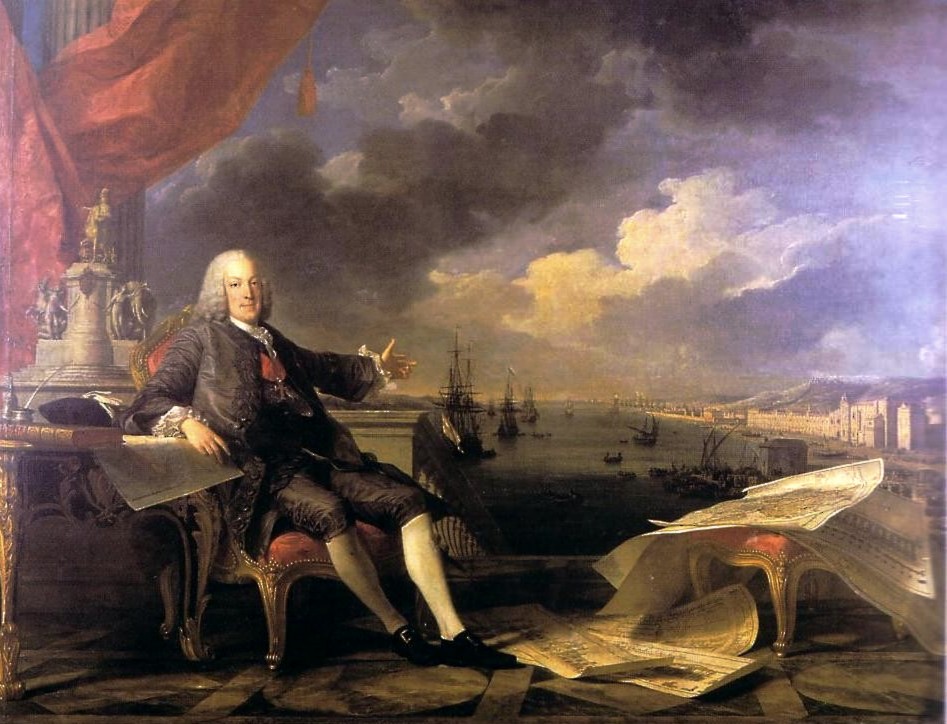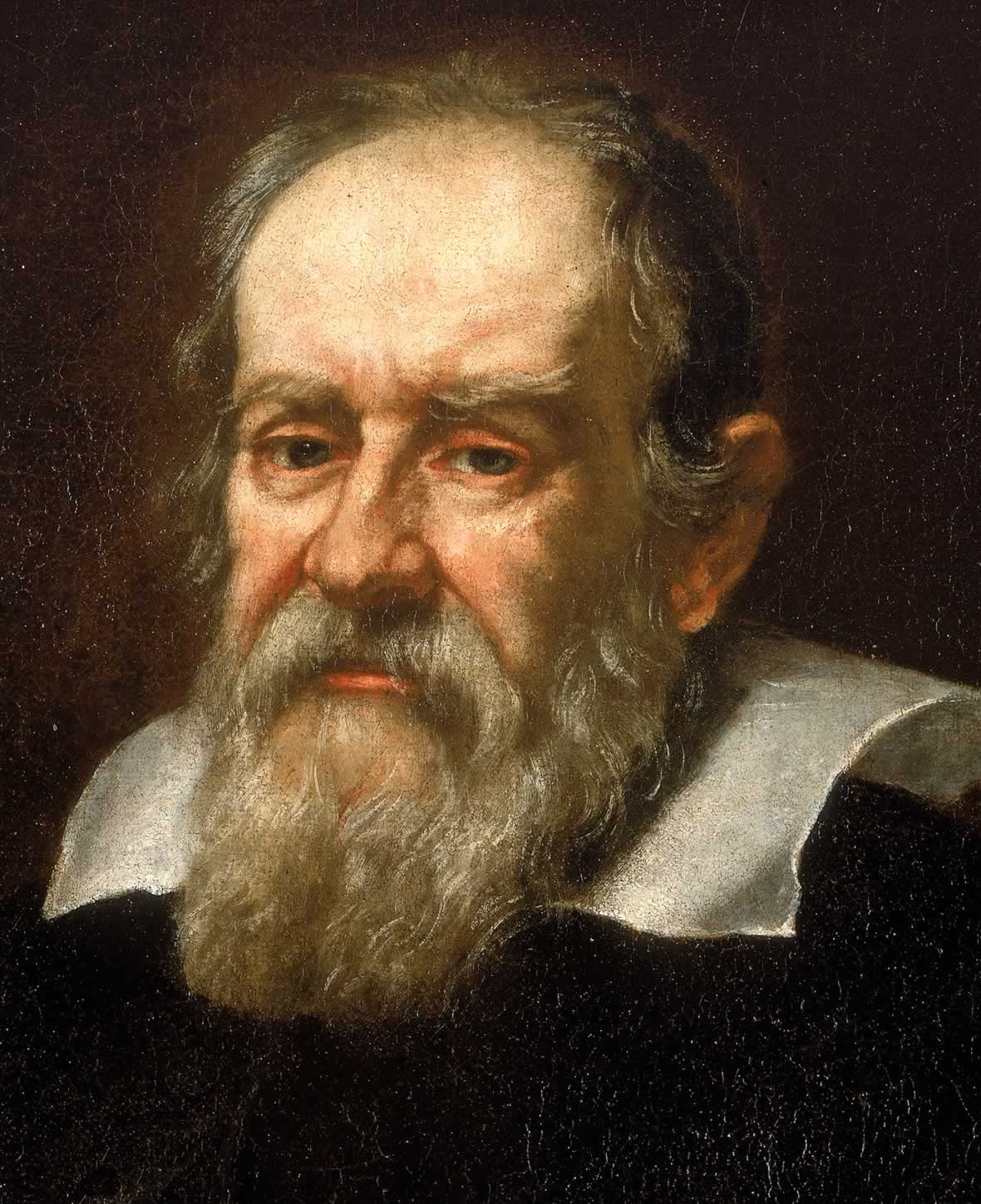Galileo defended heliocentrism, and claimed it was not contrary to those Scripture passages. He took Augustine's position on Scripture: not to take every passage literally, particularly when the scripture in question is a book of poetry and songs, not a book of instructions or history. He believed that the writers of the Scripture merely wrote from the perspective of the terrestrial world, from that vantage point that the sun does rise and set. Another way to put this is that the writers would have been writing from a phenomenological point of view, or style. So Galileo claimed that science did not contradict Scripture, as Scripture was discussing a different kind of "movement" of the earth, and not rotations.
By 1616 the attacks on the ideas of Copernicus had reached a head, and Galileo went to Rome to try to persuade Catholic Church authorities not to ban Copernicus' ideas. In the end, a decree of the Congregation of the Index was issued, declaring that the ideas that the Sun stood still and that the Earth moved were "false" and "altogether contrary to Holy Scripture", and suspending Copernicus's De Revolutionibus until it could be corrected. Acting on instructions from the Pope before the decree was issued, Cardinal Bellarmine informed Galileo that it was forthcoming, that the ideas it condemned could not be "defended or held", and ordered him to abandon them. Galileo promised to obey. Bellarmine's instruction did not prohibit Galileo from discussing heliocentrism as a mathematical fiction but was dangerously ambiguous as to whether he could treat it as a physical possibility. For the next several years Galileo stayed well away from the controversy. He revived his project of writing a book on the subject, encouraged by the election of Cardinal Maffeo Barberini as Pope Urban VIII in 1623. Barberini was a friend and admirer of Galileo, and had opposed the condemnation of Galileo in 1616. The book, Dialogue Concerning the Two Chief World Systems, was published in 1632, with formal authorization from the Inquisition and papal permission.
Dava Sobel explains that during this time, Urban had begun to fall more and more under the influence of court intrigue and problems of state. His friendship with Galileo began to take second place to his feelings of persecution and fear for his own life. At this low point in Urban's life, the problem of Galileo was presented to the pope by court insiders and enemies of Galileo. Coming on top of the recent claim by the then Spanish cardinal that Urban was soft on defending the church, he reacted out of anger and fear. This situation did not bode well for Galileo's defence of his book.
Earlier, Pope Urban VIII had personally asked Galileo to give arguments for and against heliocentrism in the book, and to be careful not to advocate heliocentrism. He made another request, that his own views on the matter be included in Galileo's book. Only the latter of those requests was fulfilled by Galileo. Whether unknowingly or deliberately, Simplicio, the defender of the Aristotelian Geocentric view in Dialogue Concerning the Two Chief World Systems, was often caught in his own errors and sometimes came across as a fool. Indeed, although Galileo states in the preface of his book that the character is named after a famous Aristotelian philosopher (Simplicius in Latin, Simplicio in Italian), the name "Simplicio" in Italian also has the connotation of "simpleton". This portrayal of Simplicio made Dialogue Concerning the Two Chief World Systems appear as an advocacy book: an attack on Aristotelian geocentrism and defence of the Copernican theory. Unfortunately for his relationship with the Pope, Galileo put the words of Urban VIII into the mouth of Simplicio. Most historians agree Galileo did not act out of malice and felt blindsided by the reaction to his book. However, the Pope did not take the suspected public ridicule lightly, nor the Copernican advocacy. Galileo had alienated one of his biggest and most powerful supporters, the Pope, and was called to Rome to defend his writings.
In September 1632, Galileo was ordered to come to Rome to stand trial. He finally arrived in February 1633 and was brought before inquisitor Vincenzo Maculani to be charged. Throughout his trial Galileo steadfastly maintained that since 1616 he had faithfully kept his promise not to hold any of the condemned opinions, and initially he denied even defending them. However, he was eventually persuaded to admit that, contrary to his true intention, a reader of his Dialogue could well have obtained the impression that it was intended to be a defence of Copernicanism. In view of Galileo's rather implausible denial that he had ever held Copernican ideas after 1616 or ever intended to defend them in the Dialogue, his final interrogation, in July 1633, concluded with his being threatened with torture if he did not tell the truth, but he maintained his denial despite the threat. The sentence of the Inquisition was delivered on June 22. It was in three essential parts:
- Galileo was found "vehemently suspect of heresy", namely of having held the opinions that the Sun lies motionless at the centre of the universe, that the Earth is not at its centre and moves, and that one may hold and defend an opinion as probable after it has been declared contrary to Holy Scripture. He was required to "abjure, curse and detest" those opinions.
- He was sentenced to formal imprisonment at the pleasure of the Inquisition. On the following day this was commuted to house arrest, which he remained under for the rest of his life.
- His offending Dialogue was banned; and in an action not announced at the trial, publication of any of his works was forbidden, including any he might write in the future.
After a period with the friendly Ascanio Piccolomini (the Archbishop of Siena), Galileo was allowed to return to his villa at Arcetri near Florence in 1634, where he spent the remainder of his life under house arrest. Galileo was ordered to read the seven penitential psalms once a week for the next three years. However his daughter Maria Celeste relieved him of the burden after securing ecclesiastical permission to take it upon herself. It was while Galileo was under house arrest that he dedicated his time to one of his finest works, Two New Sciences. Here he summarised work he had done some forty years earlier, on the two sciences now called kinematics and strength of materials. This book has received high praise from Albert Einstein. As a result of this work, Galileo is often called the "father of modern physics". He went completely blind in 1638 and was suffering from a painful hernia and insomnia, so he was permitted to travel to Florence for medical advice.



.GIF)
.png/800px-Retrato_de_Sebasti%C3%A3o_Jos%C3%A9_de_Carvalho_e_Melo_(2.%C2%AA_metade%2C_s%C3%A9c_XVIII).png)





